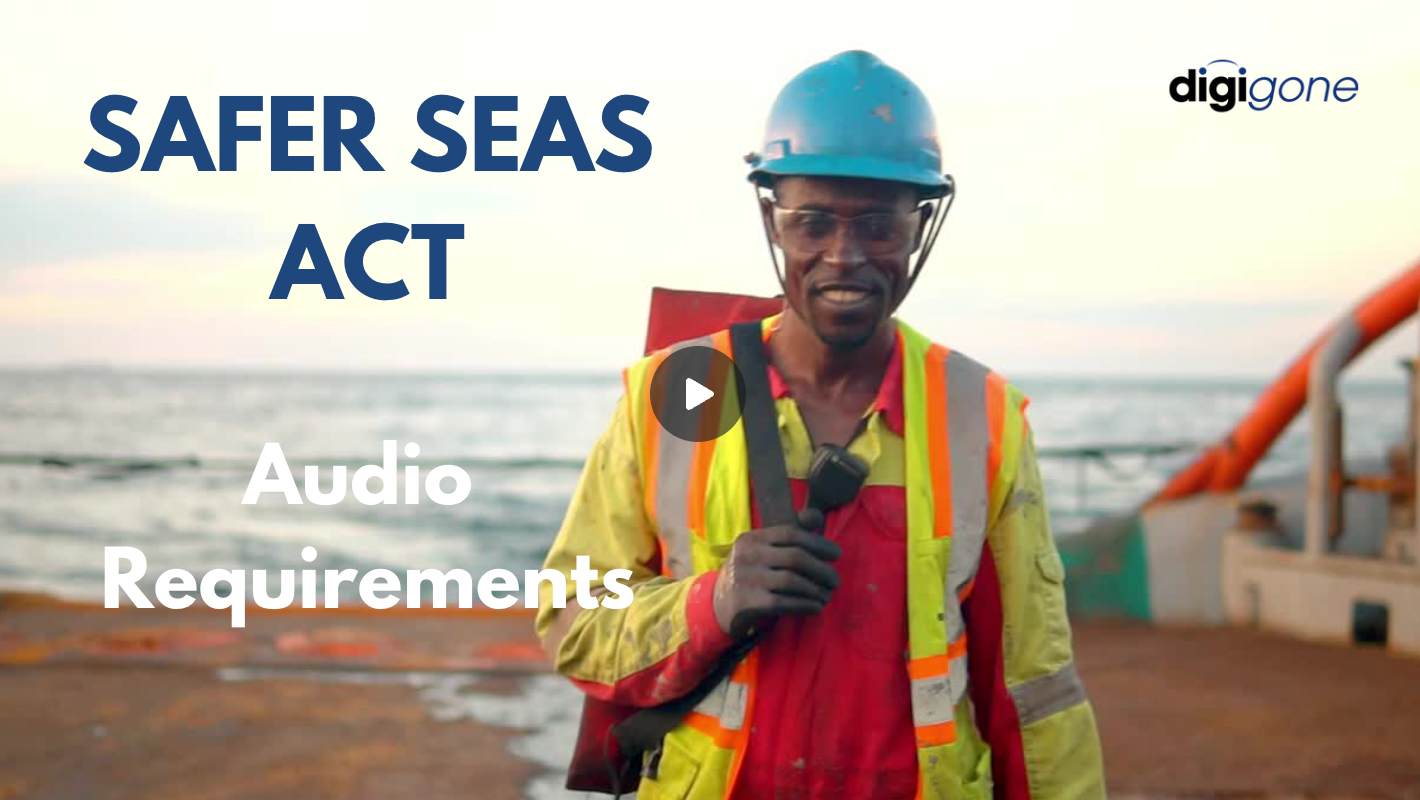

Since the pandemic, the paradigm between seafarers and vessel management has shifted: The world learned the crucial role the shipping industry plays in everyday life. It’s not just big businesses that rely on the vast network of ships and mariners for parts and goods, but also essential items on store shelves. By volume, more than 80% of global trade is transported by sea.
That vast shipping network is propped up by more than two million merchant seafarers. During the pandemic, while shoppers were wondering why shelves were empty of essential items, a plight was occurring at sea.
“The Forgotten Army”
In an interview with APNews, Guy Platten, the Secretary General of the International Chamber of Shipping, called these seafarers “the forgotten army of people.” At the time, June 2020, more than 150,000 mariners were stranded at sea and another 150,000 were stuck waiting on shore, trying to get back to work or home. Contracts were extended for months or canceled altogether, exacerbating a stressful and uncertain time.
If any good came out of this, it was shining a spotlight on how important the shipping industry is to the world.
And from that, we learned the importance of mariner well-being.
Marissa Barker, Ph.D., with the University of Washington completed a survey and
analysis of this very issue. In her report,
The US Mariner Mental Heath and Wellbeing During COVID-19 and Beyond,
she studied the impact the pandemic had on crew well-being.
Dr. Barker focused on five different mental health outcomes (depression, anxiety, stress, post-traumatic disorder, and suicidal ideation) among 1,559 mariners; 89% of who had actively sailed during the pandemic. Some key findings from the study are below:
During COVID, crews reported that lack of communication was a bigger contributor to depression than having to quarantine.
Recommendations based on the report included increasing “social support for mariners abroad a vessel.”
The report also found that most mariners enjoy their work and value their job. Allowing crews to communicate with family and friends is a crucial step in not only supporting crew well-being but also boosting morale and increasing retention.
CrewChat does just that. Using end-to-end encrypted technology, mariners can talk with friends and family from anywhere in the world. CrewChat allows for both voice and video calls, using an ultra-low bandwidth satellite link.
CrewChat functions much like Zoom in that a unique link is created for each call, which is sent out to the recipient in advance. Because of CrewChat’s proprietary software program, no more than 70 Kbps is used for each call, a relatively small amount, which is key for far-remote locations.
As for vessel management, an Application Management Program (AMP) is installed on the vessel, and from there the program is a self-contained and maintenance-free application.
Prioritizing crew welfare is not only the right thing to do but could impact business in a big way. Providing simple access to a communications tool that allows seafarers to see faces and hear voices from home is a simple way to do that. The old adage is true, take care of your crew and they will take care of you.


All Rights Reserved | DigiGone® Est. 2007 | Created by CCC